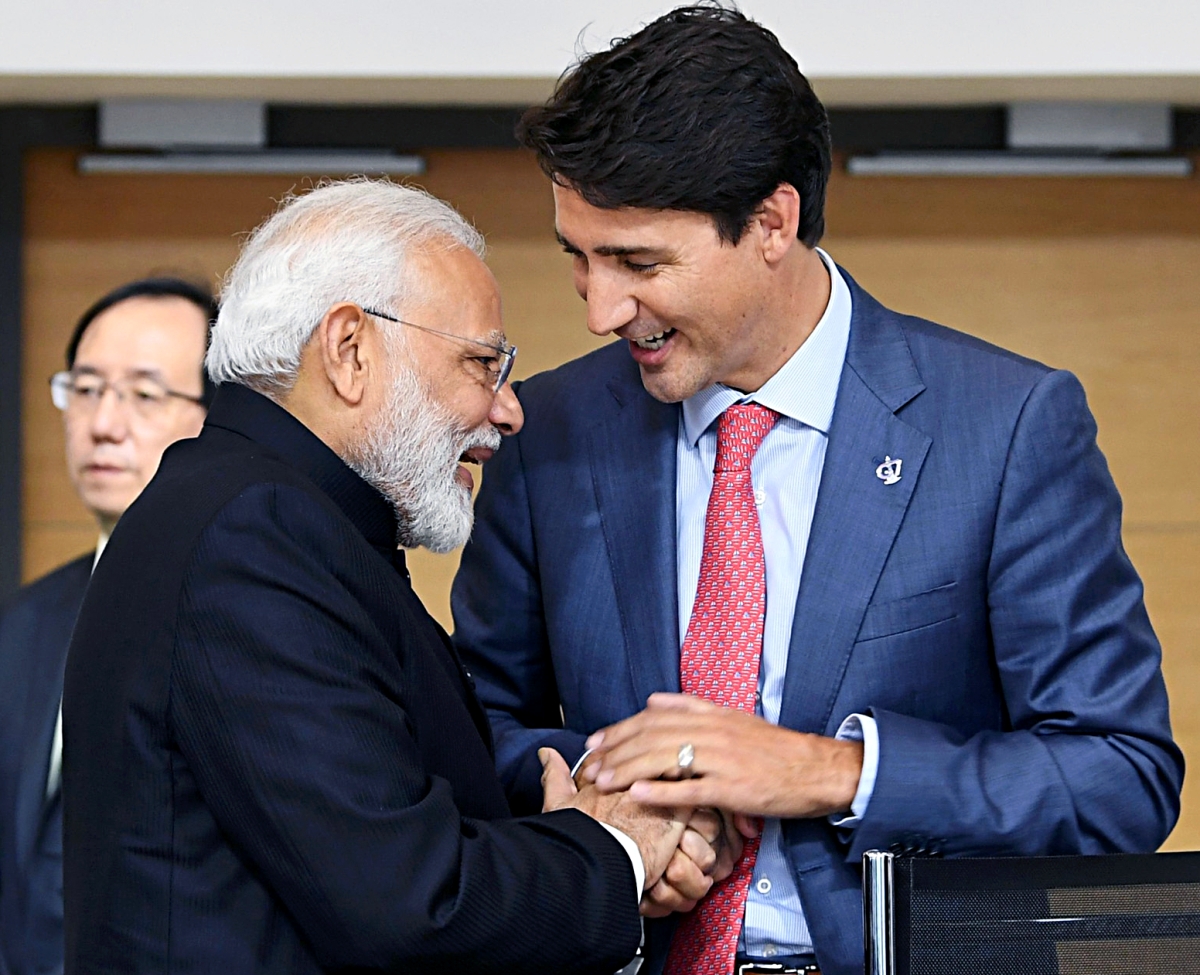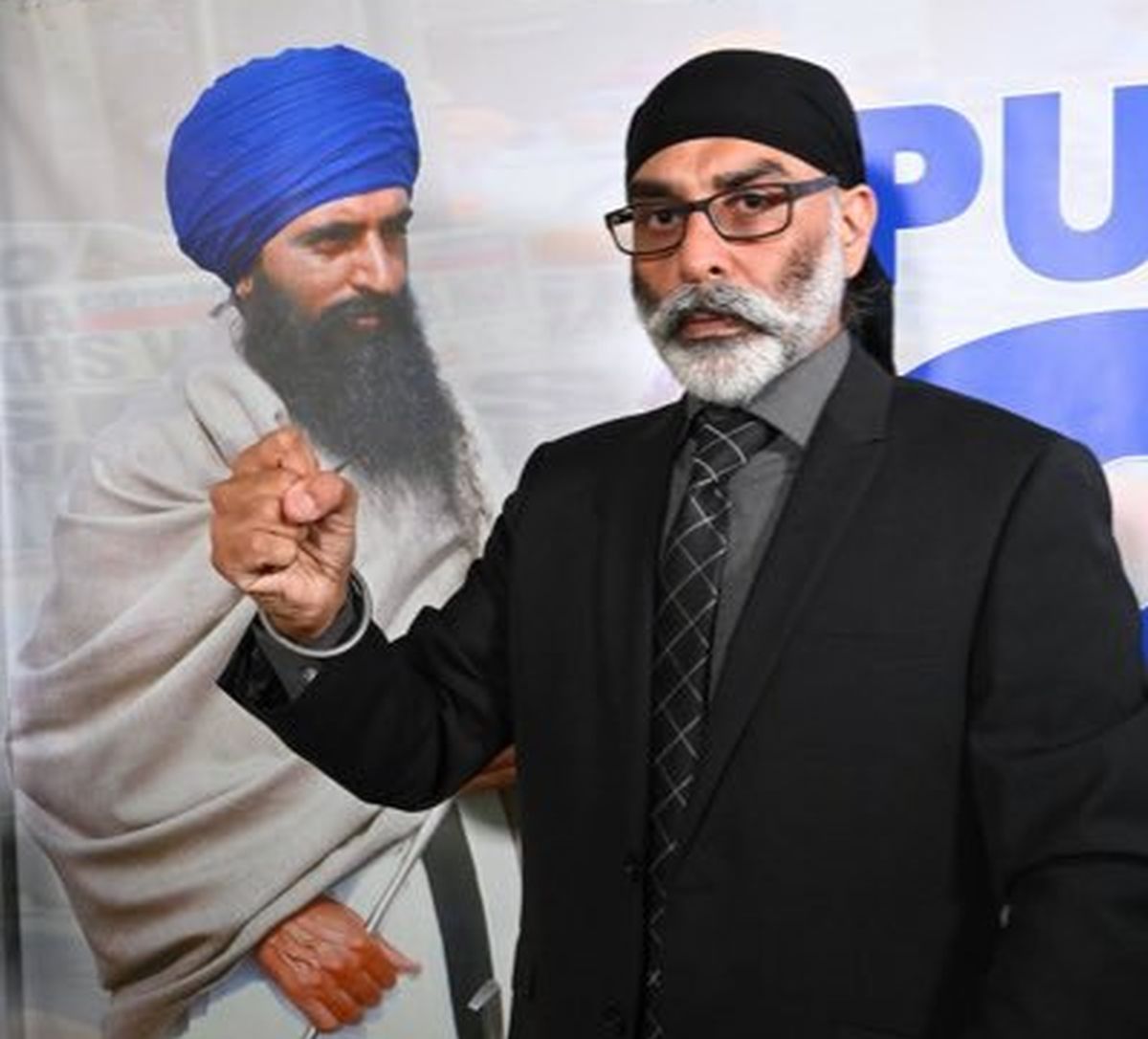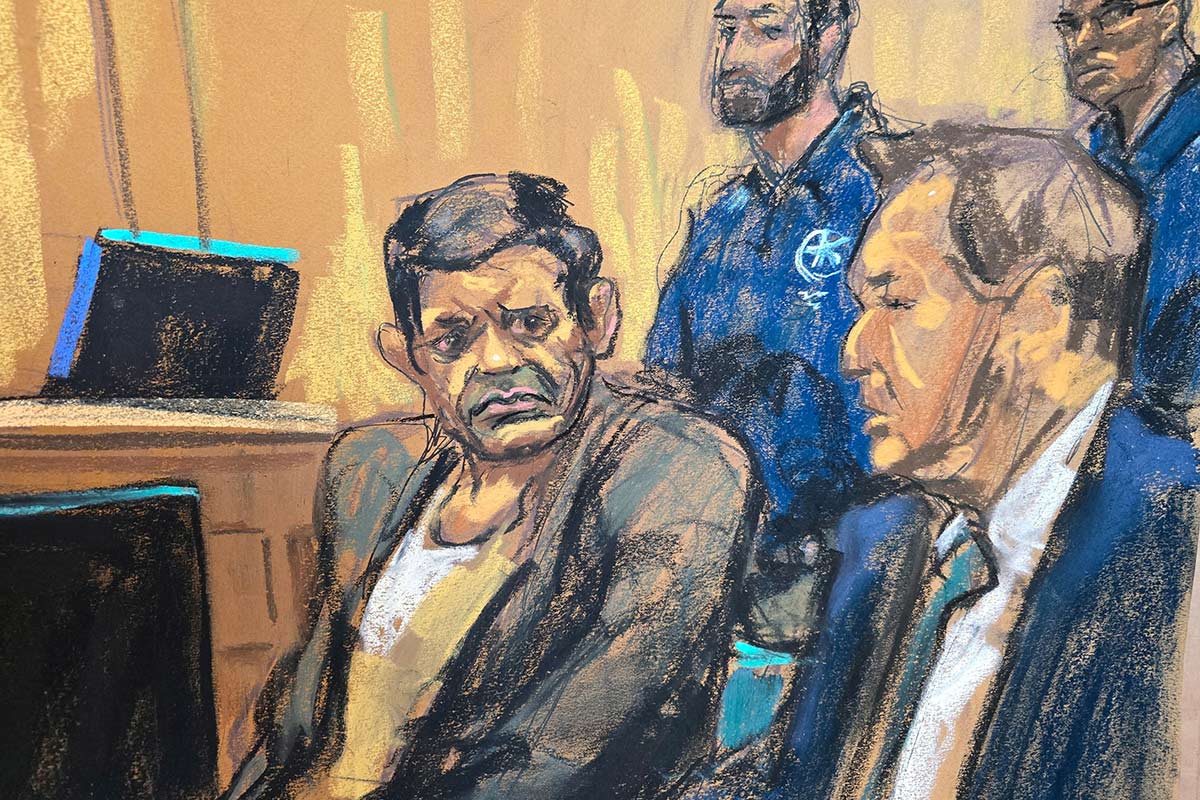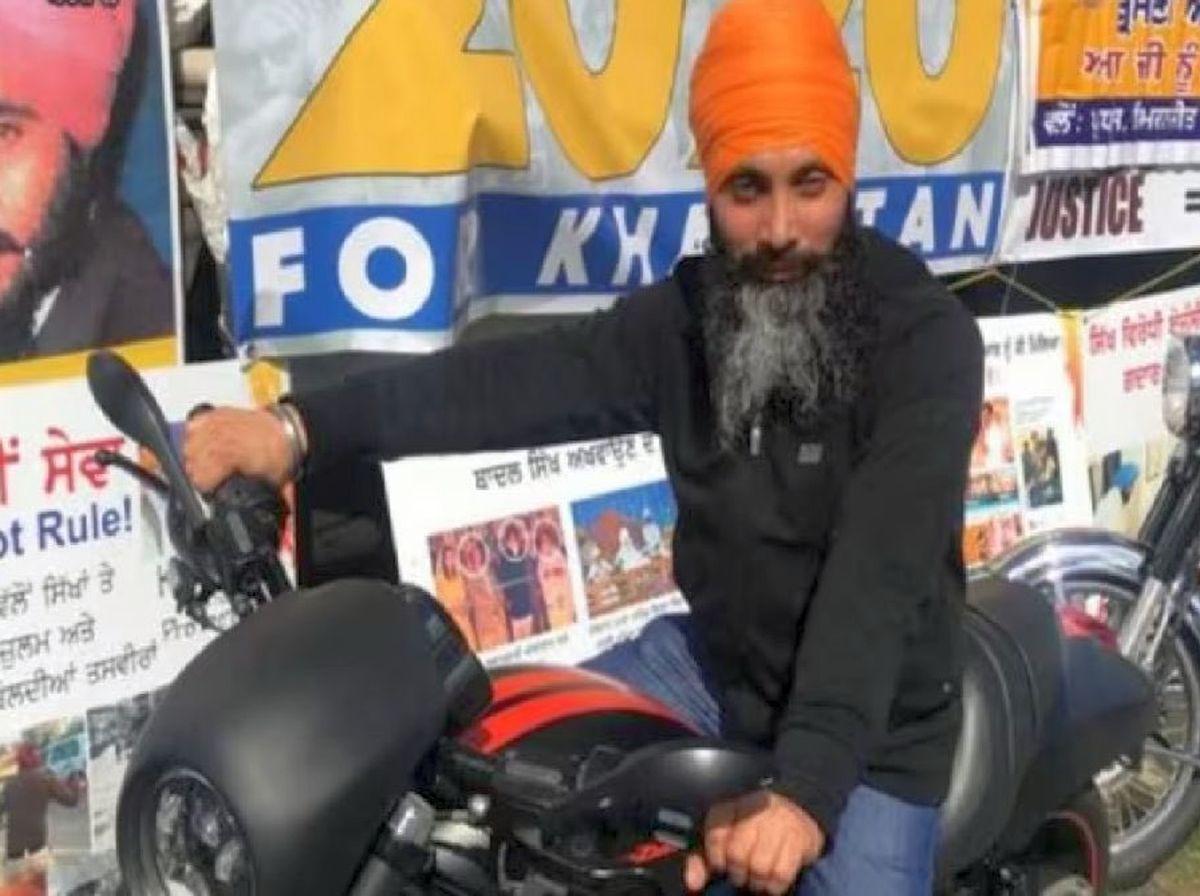 | « Back to article | Print this article |
'As the trial gets closer for Nikhil Gupta, they're going to want to make sure that he doesn't talk.'
'And they're going to put pressure on Mr Gupta to make some deal where the evidence doesn't come out.'

"The Indians will rightly say, as they should, how come it's all right when you assassinate your enemies in other people's countries? How come Justin Trudeau puts out a tweet applauding the assassination of Osama bin Laden's number two, Ayman Al-Zawahiri, with a hellfire missile fired by the Americans? Why is it okay when you do it and we can't do it?", Terry Milewski, author of Blood for Blood: Fifty Years of the Global Khalistan Project, tells Prasanna D Zore/Rediff.com in the concluding segment of a two-part interview.
In May 2024, the Royal Canadian Mounted Police arrested three Indians in connection with Hardeep Singh Nijjar's murder. Once the trial starts do you think whatever evidence Canada has given to India will be brought on record in Canadian federal courts?
Yes. Although I'm not sure that they (the government of Canada) have evidence yet in their hands to connect these four (on May 3 2024, the RCMP arrested Karan Brar, Kamalpreet Singh, Karanpreet Singh from Alberta under the charges of first-degree murder and conspiracy to murder Khalistani separatist Hardeep Singh Nijjar, designated as a terrorist by India; the fourth accused Amandeep Singh was arrested on May 11 from Ontario) who are now charged with (being in cahoots with) any Indian government official.
I find it hard to believe that these young men will not want to bargain for a lighter sentence by agreeing to cooperate and name whoever paid them.
There's also a possibility they don't know who paid them. There was just money hidden somewhere and they were told where to get it. That's possible too.
I do think there is further evidence that the Americans and Canadians have from wiretaps and surveillance operations which will come out at the trial, particularly of Nikhil Gupta (who was extradited by the US from the Czech Republic on June 16, 2024, as an accused being wanted in the conspiracy to kill another Khalistani separatist Gurpatwant Singh Pannun in New York. Gupta has pleaded not guilty in a US court).
And that, to quote Gupta himself in the indictment, said that Nijjar was also the target of the same plot (that involved killing Gurpatwant Singh Pannun in New York).
Anyone who tells you that that's a completely separate case is trying to fool you. The Indians are not going to win that argument.

Once whatever this evidence that the US and Canada claim they have in their possession comes on record, do you think it holds the potential to further deteriorate the India-Canada diplomatic relationship?
Once this evidence comes on record and it becomes public, it's hard to see how it could become any worse.
Start expelling high commissioners, the top officials? There's nobody left. It's hard to see how it could be worse.
I think that they will improve, but it'll take time because India will not be in a hurry to make any deal that involves any admission of error.
But as the trial gets closer for Nikhil Gupta, they're going to want to make sure that he doesn't talk. And they're going to put pressure on Mr Gupta to make some deal where the evidence doesn't come out and he will be quietly sent back to India. It's got to be murky.
That's why I say it's a grubby little deal. But it's already underway.
Remember that the person who allegedly masterminded this scheme in New Delhi, a government employee (Research & Analysis Wing agent Vikram Yadav), was named by The Washington Post and apparently already been arrested (by the Indian government as per The Washington Post).

That's the question everybody's asking in India: Why is it happening through selective leaks via The Washington Post? Why couldn't the Canadian government confront the Indian government with this kind of evidence?
That's easy. They (the Canadian government) don't want to wreck the trial. They don't want to go to trial and say the government has been trying this case in public and prejudicing the jury by selective releasing information in the public.
You can't prosecute somebody in public, not in this country (Canada), not in most democracies.
You are not supposed to go around trying to persuade the public and say, 'Look, here's the evidence.' And try to convict the people in the public eye because the judge will say, 'Hey, you're putting your thumb on the scales of justice. That's not allowed.'
They don't want to ruin their own trial by releasing the information in public beforehand.
What's the way forward? Do you see any reconciliation happening between India and Canada?
Yes, I think it's necessary. I think it's important. I think it must happen.
Both the United States and Canada have a problem with India not acting like a superpower should.
Both believe that India has got the wrong ideas, made a bad mistake by thinking that we're on the way to (become a superpower).
We're already the world's most populous country and we can get away with a lot. We can throw our weight around.
Of course, the Indians will rightly say, as they should, how come it's all right when you assassinate your enemies in other people's countries? How come Justin Trudeau puts out a tweet applauding the assassination of Osama bin Laden's number two, Ayman Al-Zawahiri, with a hellfire missile fired by the Americans? Why is it okay when you do it and we can't do it?
Unfortunately, that's the argument. On that score, the Indians have a very good argument.
There's a good question why it's okay for superpowers (to eliminate enemies of State) and not for aspiring powers? We live in a complicated world.

Is the Canadian public buying into Justin Trudeau's narrative that India is responsible for the Hardeep Singh Nijjar murder? Will it help Trudeau politically?
Canadians don't care about this and they traditionally don't follow these things very closely because they're not very interested in other people's problems.
They think all of this (the threat of Khalistani extremists from Canadian soil) is an Indian problem. This is a new idea that it's Canada's problem too.
The bombing of Air India's (Kanishka) in 1985, should have made it clear that it's our problem too.
I don't think that the Canadian public is likely to believe Trudeau on his own. But when the RCMP, which is not a political organisation, goes on record and makes these charges they will believe.
They don't like these politicians, resist fiercely any attempt at political interference, but for the RCMP to have the press conference and the head of the RCMP saying that all of this is true and to be backed by the FBI, by the way, which is saying basically the same thing that Indian agents and diplomats were riding roughshod over local laws in both Canada and the US.
I think Canadians are going to buy that. They won't believe Trudeau because they've had it with him.
Nothing to do with this case, but they just have been tired of Trudeau. But when they hear the RCMP say it, they believe it. That's a sacred Canadian institution that is not political.